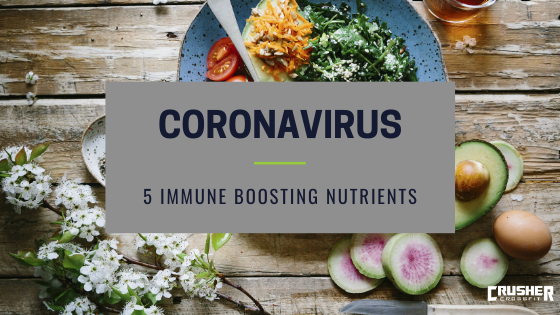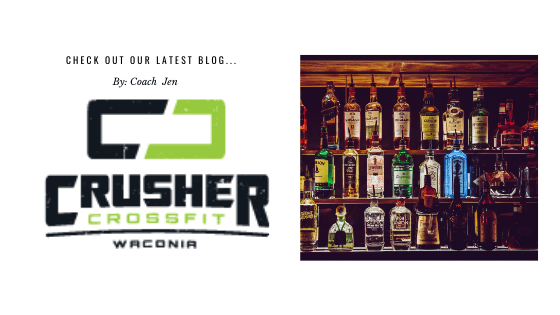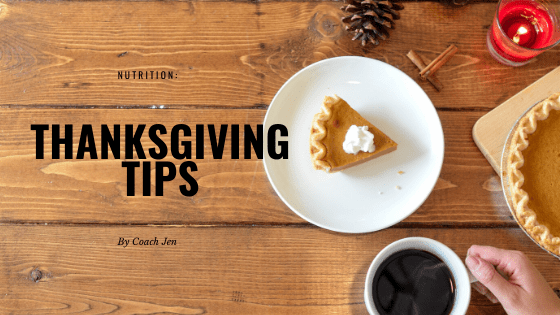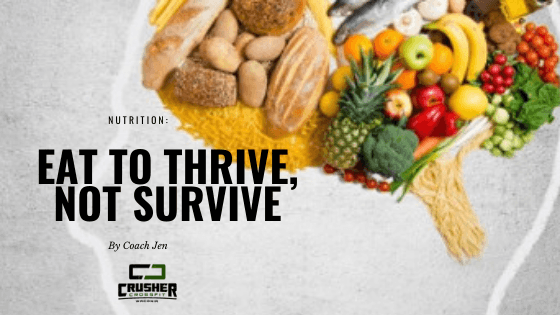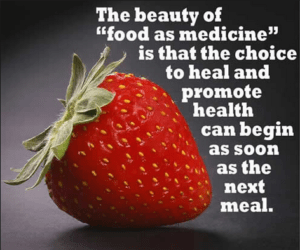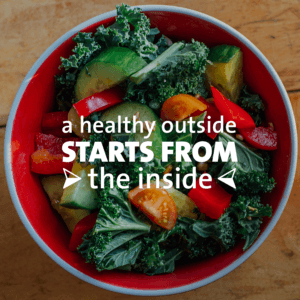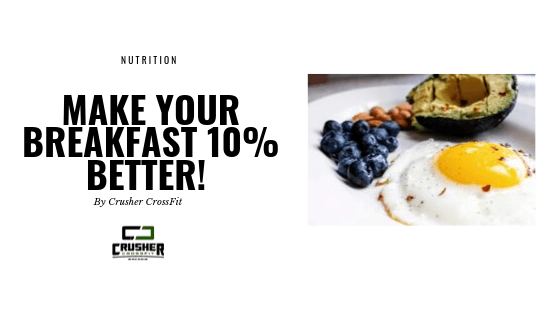If you’re more couch potato than health nut you want to take advantage of all the tips and tricks that you can. If you forget to take your vitamins or would rather skip the extra burpees then there is a great way to improve your health with 0 extra effort!
Functional foods are foods that have a health benefit beyond just their basic macronutrient content. Since eating is something you have to do, it makes sense to eat foods that give you the most bang for your buck.
Here are the five most important functional foods you can start adding to your diet today:
1. Green Tea
2. Sauerkraut
3. Blueberries
4. Apple Cider Vinegar
5. Turmeric
1.Green Tea
Rather than reaching for that second coffee try having a cup of green tea instead! Green tea contains many polyphenols like EGCG, a catechin containing antioxidants that help prevent cell damage and provide other benefits. Green tea can give you a mental with the potent combination of theanine and a low amount of caffeine. This helps you stay alert and focused without getting the jitters and an eventual crash. Try brewing a cup of green tea when you need a pick-me-up.
2. Sauerkraut
This sour fermented cabbage dish ranks high on the list of functional foods. High in vitamins A, C, K, and folate, sauerkraut can boost your immune system and support brain health. It’s also high in fiber which can help support your gut bacteria and improve digestive health. Sauerkraut also contains glucosinolates and ascorbigen, compounds that are known for their anti-carcinogenic properties. Add sauerkraut to sandwiches, salads, or have it on it’s own!
3. Blueberries
Blueberries are a powerhouse fruit that make for a great snack at any time. They are low glycemic so they won’t have a big impact on blood sugar and have numerous health benefits as well. Blueberries get their rich dark blue color from their abundance of anthocyanin which explains their high antioxidant content. Anthocyanins reduce the risk of cardiovascular disease, cognitive decline, and cancer. Add frozen blueberries to your favorite smoothie and keep fresh blueberries around for snacking.
4. Apple Cider Vinegar
Apple cider vinegar is often considered to be an old wives tale, a home grown remedy that will fix any ailment. It may not be a cure-all but Apple cider vinegar is certainly a functional food you can benefit from. Produced through fermentation a combination of yeast and beneficial bacteria called the “mother” float in the beverage containing B-vitamins, probiotics, and polyphenols. Research has also found that taking 20 grams of apple cider vinegar significantly lowered post meal blood glucose levels. If you need a little help with digestion try adding some apple cider vinegar to a glass or water or mix it with olive oil for a tangy salad dressing.
5. Turmeric
Turmeric has been a staple in Indian cooking for thousands of years. It contains a compound called curcumin which has been shown to have numerous health benefits. Curcumin is a potent anti-Inflammatory, that may also help with chronic disease, depression, and possesses anti-carcinogenic properties. It has also been shown to boost brain-derived neurotrophic factor (BDNF), a type of growth hormone that functions in your brain. Don’t be afraid to get your curry on!
There you have it, the top 5 functional foods you should add to your diet today!
